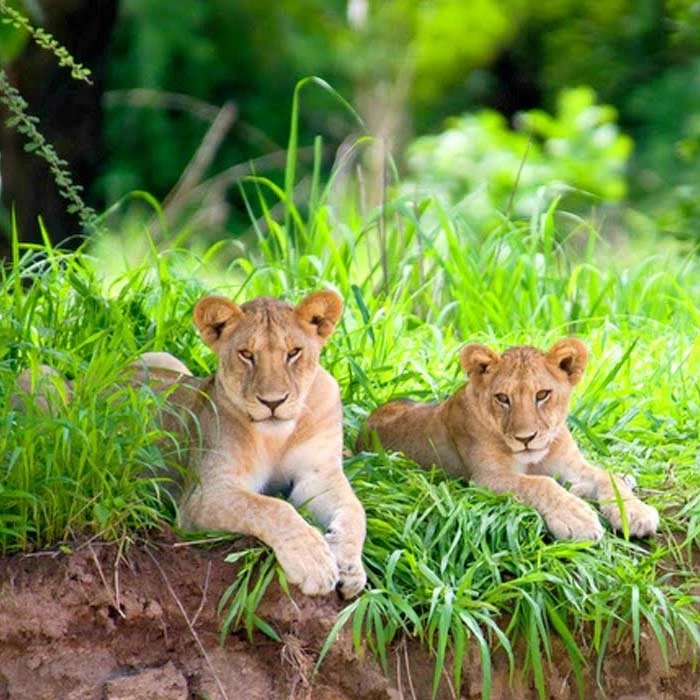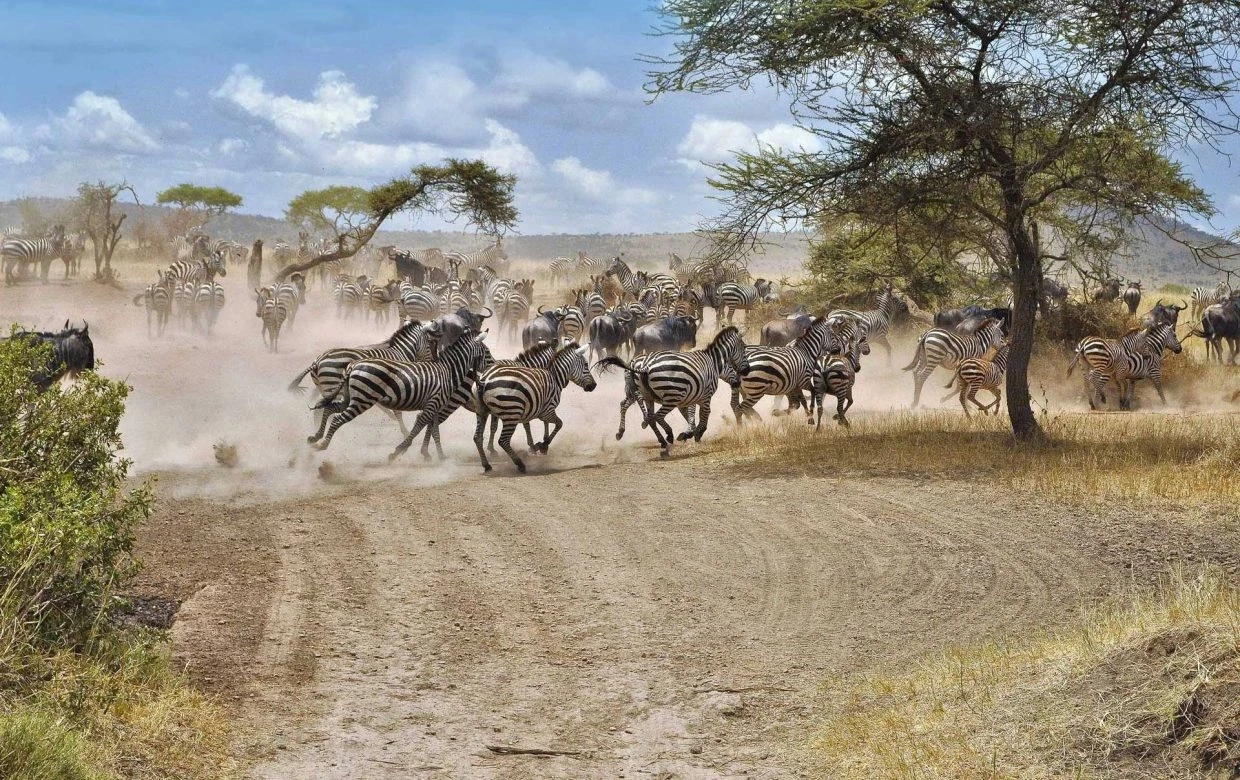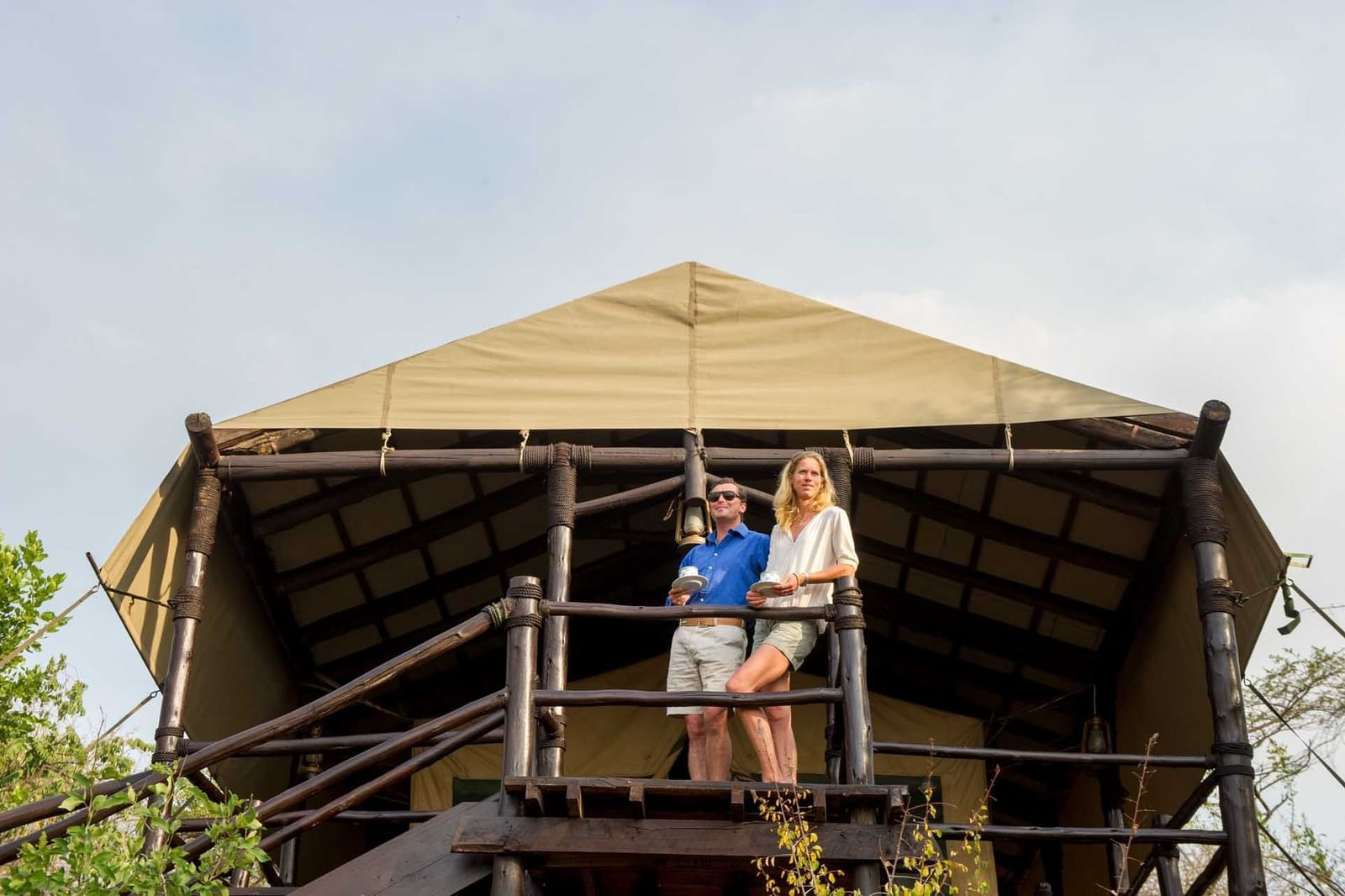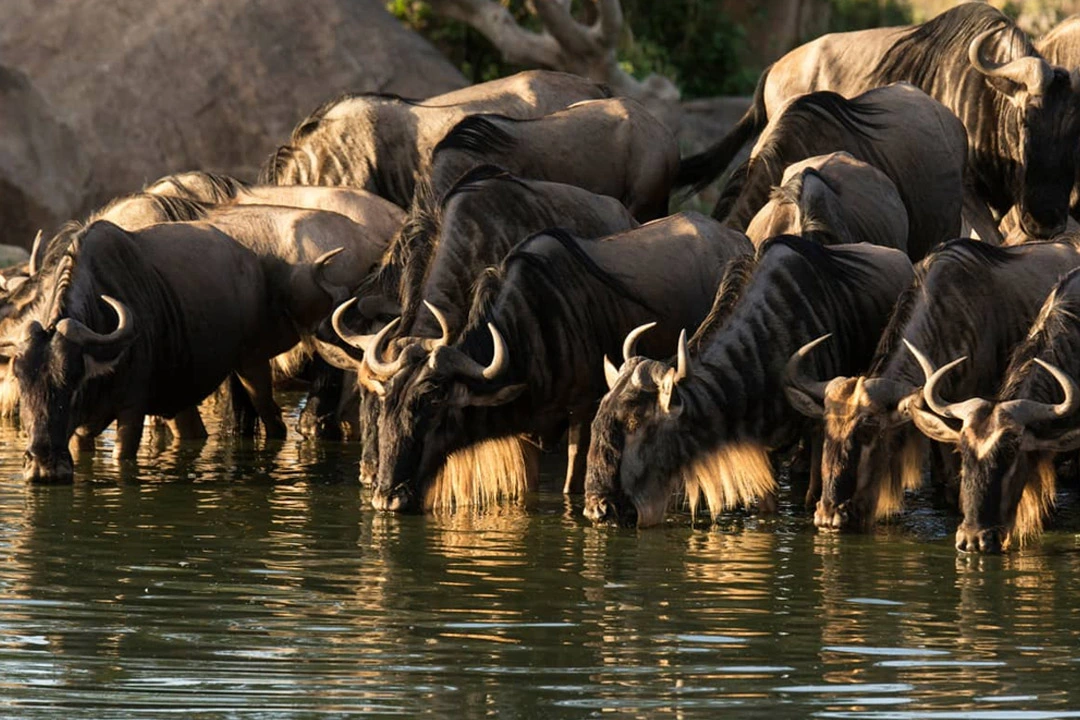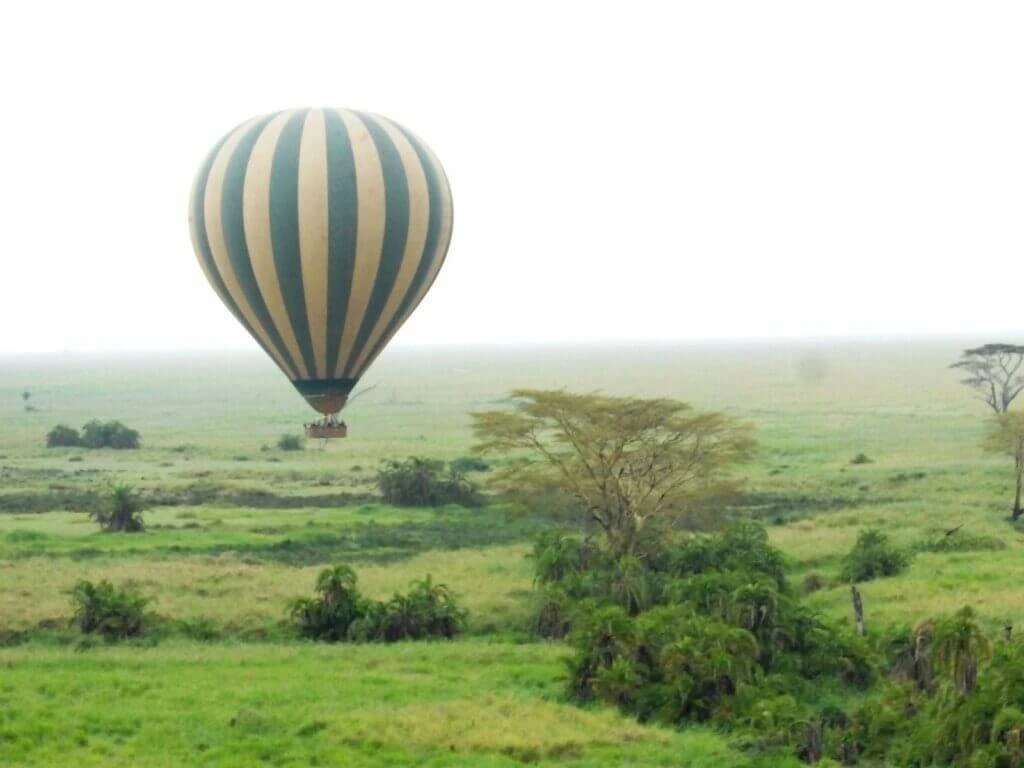Essential Tanzania Safari Tips for First-Time Travelers
Why Choose Tanzania for Your Safari Adventure?
Diverse Wildlife and National Parks
Tanzania is home to some of the most renowned national parks and wildlife reserves in the world. The Serengeti, Ngorongoro Crater, and Tarangire are just a few examples of places where you can witness the Great Migration, spot the Big Five, and experience Africa's incredible biodiversity. Whether you’re an avid bird watcher or a big cat enthusiast, Tanzania’s varied landscapes offer something for everyone.
Rich Cultural Experiences
Beyond its wildlife, Tanzania is rich in culture. From the Maasai tribes to the Hadzabe bushmen, interacting with local communities can provide a deeper understanding of the country's heritage. These experiences can be as memorable as the wildlife encounters, giving you a rounded perspective of life in Tanzania.
Planning Your Tanzania Safari
Best Time to Visit
Timing is everything when it comes to a safari. The best time to visit Tanzania is during the dry season, from late June to October, when animals gather around water sources, making them easier to spot. If you’re keen on witnessing the Great Migration, plan your visit between June and September.
Choosing the Right Safari
Guided Safaris
Guided safaris are ideal for first-time visitors. These tours are led by experienced guides who know the parks intimately. They can spot wildlife that you might miss on your own and provide valuable insights into animal behavior and park ecology.
Self-Drive Safaris
If you’re feeling adventurous and want a more flexible schedule, a self-drive safari might be for you. This option allows you to explore at your own pace. However, it requires good planning and a reliable 4x4 vehicle. Make sure to familiarize yourself with park rules and have a good map or GPS.
Budgeting for Your Safari
Safaris can range from budget-friendly to luxurious. Consider factors such as accommodation, park fees, guide costs, and travel expenses. Budget accommodations include camping and basic lodges, while luxury options offer upscale lodges and tented camps with more amenities.
Preparing for Your Safari Adventure
Essential Packing List
Clothing and Footwear
Pack light, breathable clothing in neutral colors to blend in with the environment. Long sleeves and pants are recommended to protect against insects and sun. Comfortable, sturdy shoes or boots are a must for walking safaris and camp activities. Don’t forget a wide-brimmed hat and sunglasses.
Gadgets and Gear
A good pair of binoculars will enhance your wildlife viewing experience. Bring a quality camera with extra batteries and memory cards to capture the memories. A flashlight or headlamp is essential for moving around camp after dark. Don’t forget a power bank for charging your devices.
Health and Safety Precautions
Vaccinations and Medications
Consult your doctor about necessary vaccinations well before your trip. Malaria is prevalent in Tanzania, so prophylactic medication is advisable. Carry a basic first aid kit with bandages, antiseptic, and any personal medications. Travel insurance is also highly recommended.
Staying Safe in the Wild
Always listen to your guide’s instructions and respect wildlife. Never approach animals too closely, and avoid wandering off on your own. Stay within the designated areas of your camp, especially at night. Keeping a safe distance and being aware of your surroundings ensures both your safety and that of the animals.
During the Safari: What to Expect
Daily Safari Routine
A typical day on safari starts early, often before sunrise, as this is when animals are most active. After a morning game drive, you’ll return to camp for breakfast. Afternoons are usually reserved for relaxation or cultural activities, with another game drive in the late afternoon or evening.
Wildlife Viewing Tips
Patience is key when it comes to wildlife viewing. Animals follow their own schedules, so be prepared to wait. Use binoculars to scan the landscape and look for movement. Stay quiet and minimize sudden movements to avoid scaring the animals away.
Interacting with Local Communities
Visiting local villages can be a highlight of your trip. Show respect by asking permission before taking photos and being mindful of cultural norms. Purchasing handmade crafts supports the local economy and makes for unique souvenirs. Engage with locals to learn about their traditions and daily life.
Post-Safari Tips in Tanzania
Documenting Your Experience
After your safari, take time to organize your photos and notes. Create a travel journal or photo book to remember your adventure. Sharing your experience with friends and family can be a great way to relive the memories and inspire others to embark on their own safari.
Sustainable Safari Practices
Ensure your safari leaves a positive impact by practicing sustainability. Follow the Leave No Trace principles, support eco-friendly lodges, and avoid single-use plastics. By being a responsible traveler, you contribute to the preservation of Tanzania’s natural beauty for future generations.
Planning a safari in Tanzania is an exciting adventure. With the right preparation and a sense of adventure, your first-time safari will be an unforgettable experience. So pack your bags, grab your camera, and get ready for the journey of a lifetime!







